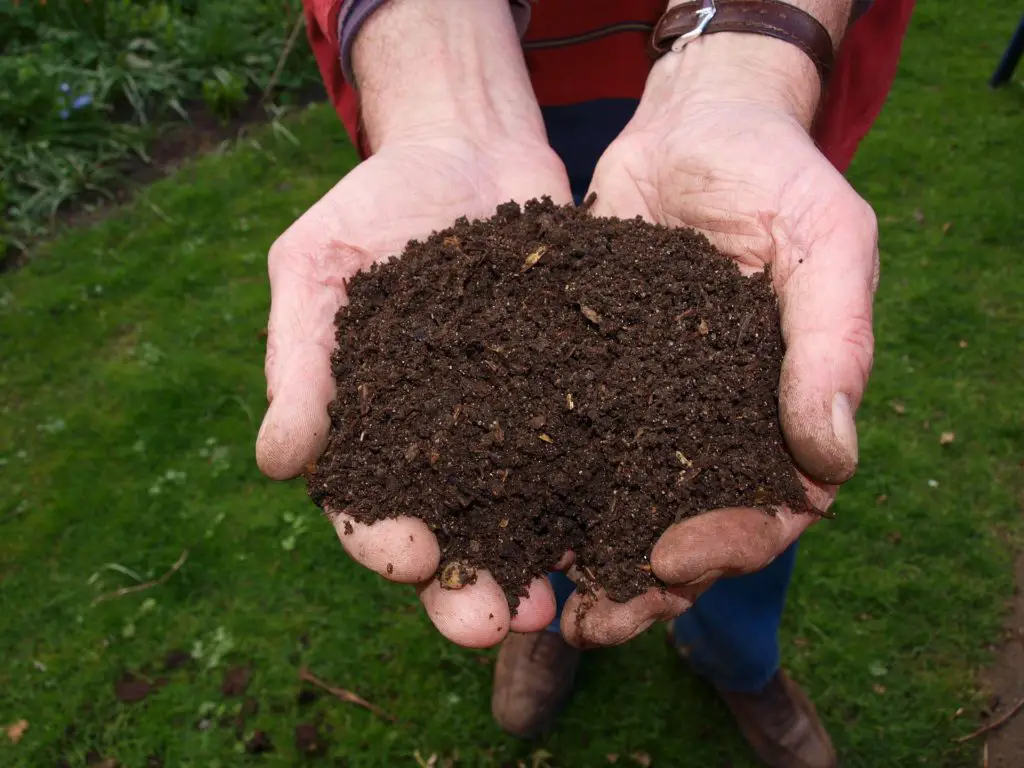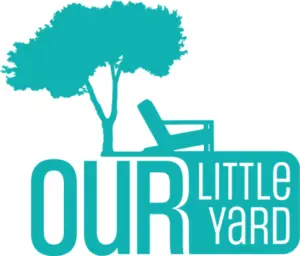I have a bit of paper towel guilt. I feel wasteful when I use them, because I know that most messes could just as easily be cleaned with a cloth, kitchen towel, or rag. I also know that they contribute to deforestation. There have been periods in my life when I’ve been able to completely switch to reusable kitchen towels and completely stop buying the paper version. Over the years as our family has grown and spills and messes became more and more common, I started buying them once again. There are some messes, like pet accidents or really large spills at the dinner table, that are just easier to clean with absorbent paper towels. At least, this is the logic that I’ve used to justify it to myself. Is it possible to reduce my guilt just a little by composting them?
Paper towels are compostable and perfectly safe to add to your compost pile, depending on what you have used them for. If you have used them to clean up water, dirt and mud, most food waste, or spilling of organic substances, they are suitable for composting. Paper towels are made from a pulp that is comprised of wood fibers, so they decompose quickly in your compost pile.

In an earlier post on composting bread, we discussed the ideal 4:1 ratio of “brown” to “green” material in your compost pile. Paper towels fall into the “brown” category, along with other carbon-rich materials like leaves, twigs, and pine needles.
When Are Paper Towels Not Suitable for the Compost Pile?
If you have used paper towels to clean up the following messes, you should avoid adding them to your compost pile:
- Chemicals or cleaning products (even cleaning products that are marketed as “green” or organic, they can harm the microbes that are essential for a successful compost pile)
- Oil, butter, or animal fats that slow the decomposition of your compost and may create strong odors that attract pests
- Meat or dairy as these substances also lead to odors that attract pests and decompose more slowly
- Human or animal feces because it has the potential to introduce pathogens into your compost pile
Are Certain Types of Paper Towels Damaging to My Compost Pile?
The best paper towels to compost are unbleached paper towels (bonus environmental points if they are made from recycled materials). White paper towels have been bleached, though the bleach that is used in the manufacturing process will break down in the composting process. Provided that your compost pile is working properly, bleached paper towels will decompose and will not harm your compost.
Any paper towels that are marketing as “antibacterial” should not be added to your compost as they are treated with chemicals that can harm the microbes that help our compost decompose.
How Should I Compost My Paper Towels?
The best way to compost paper towels so that they break down quickly is to tear them into smaller pieces and mix them evenly within the rest of the compost. A large wad of paper towels in your compost will decompose slowly and could dry out your compost pile while it decomposes.
Does Composting Paper Towels Reduce My Carbon Footprint?
Paper towels can not be recycled. This is true regardless of the type of paper towels you use. Even the brown, unbleached paper towels that are marketed as better for the environment are not recyclable. Yet putting them in the trash means they will end up in the landfill. Composting them is a more responsible way to dispose of them, and will reduce the overall amount of waste that your household sends to the landfill.
Creating a compost bin in your yard, or if you live in an apartment or condominium, contributing to a community compost bin, can reduce your carbon footprint. The major benefit of composting is that it reduces emissions of the greenhouse gas methane. The U.S. Environmental Protection Agency (EPA) estimates that landfills are the third largest source of human-related methane gas emissions. In 2020, the methane emissions were roughly equivalent to the greenhouse gas emissions from more than 20 million vehicles driven for one year.
Another environmental benefit of using home grown compost to fertilize your plants is that it will reduce the need for chemical fertilizers. Besides being sold in plastic bottles, the ammonia in fertilizers requires a great deal of energy to manufacture. Furthermore, fertilizers accumulate in soils, watersheds, and can subsequently harm ecosystems, animal life and create health hazards for humans. The methane, carbon dioxide, ammonia and synthetic nitrogen found in many chemical fertilizers emit greenhouse gases which contribute to our earth’s rapidly changing climate.
Can I Compost Other Paper Products Besides Paper Towels?
All paper products are high in carbon, which as you read earlier in this post, is a key ingredient in a successful compost pile. Just like paper towels, most paper and cardboard products are safe for composting and provide a carbon-rich source of material. However, there are a few guidelines for composting paper products:
- Do not compost paper from magazines or other types of glossy paper because they are treated with chemicals that could slow the decomposition in your compost.
- Do not place large stacks of whole paper or cardboard in your compost. Instead, tear the paper into smaller pieces to allow enough air to remain in your compost pile.
- Large amounts of paper or cardboard will alter the moisture balance or could “dry out” your compost pile. You may need to counteract this by adding water. Your pile should feel moist to the touch, and you should be able to produce a few droplets by squeezing a handful from the pile (yes, I know this sounds pretty gross).
- Avoid using wax-coated cardboard in your compost pile.
- Remove any plastic tape on your cardboard boxes or paper products before adding it to your compost pile.
- Do not compost gift wrapping paper because they may contain dyes or foil elements that can harm your compost.
